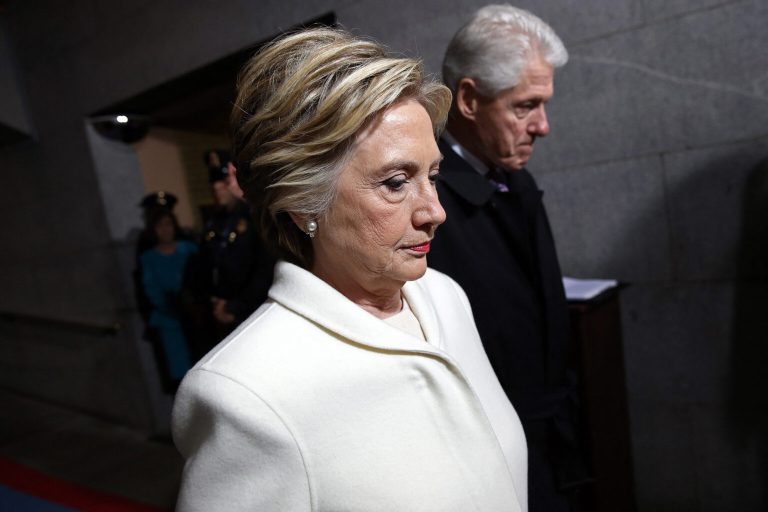
The Briton accused of inciting insurrection against President Bola Tinubu’s government, Drew Povey has urged the Nigerian government not to treat protests as treason.
Mr Povey, whom the Nigerian government said also bears the name Andrew Wynne, said this in a statement in reaction to the government’s allegation of building “a network of sleeper cells to topple” the Bola Tinubu administration “and plunge the nation into chaos,” reports Vanguard.
Povey’s bookshop located at the Abuja headquarters of the Nigeria Labour Congress (NLC) had earlier been raided and sealed.
Part of the charges against him was enabling some #EndBadGovernance protesters “with intent to destabilize Nigeria.”
The statement on the letterhead of his bookshop reads: “PROTEST IS NOT TREASON – release all the detainees! The mass protests over #EndBadGovernance and #EndHunger frightened the government. But rather than addressing the peoples’ demands, the government turned to repression.
“Perhaps 40 people were murdered by the police and other security forces, thousands were arrested and many still remain in captivity. In Abuja, the authorities have attacked the so-called leaders and organisers of the protests. Ten people face ridiculous charges including treason, mutiny and levying war against the state.
“The NLC promised a general strike to protect its President, Joe Ajaero, from arrest and detention in relation to similar charges. Despite the flimsy nature of the evidence against the detainees, they face long years in prison unless the trade union movement is prepared to protect them. On 7th August the NLC said it, “condemns in the strongest terms the human rights violations perpetrated by security forces against peaceful protesters.”
“The first person to be arrested in this case was Eleojo Opaluwa. He is a former colleague of Joe Ajaero, working for NUEE, the electricians union, as an organiser in Abuja. He is also the Vice Chair of the NLC in Kogi State. He has now been detained for over 4 weeks with no tangible evidence. His family was told that he had received a WhatsApp message from one of the other alleged leaders. This was after Eleojo had actually been detained.
“The ten detainees have been accused of conspiracy to commit a range of serious crimes. However, they barely know each other. Five of them may have been members of a WhatsApp group set up to organise the protests in Abuja. But the other five are unknown to these comrades. They may be a few of the flag waving protesters from Kano who were added to extend the range of the organizers to cover the main protests from Sokoto to Maiduguri
“There appears to be a conflict between the government and the police investigating this case. The head of the Intelligence Response Team (IRT) told the detainees’ lawyers that he would have released them, but that he had orders from above not to set them free. So the police have developed what appears to be a ridiculous case involving the owner of Iva Valley Books. They are claiming that he goes under the name of Andrew Povich, a Russian-sounding name, and that he has now left Nigeria for Russia.
“Neither of these claims are true. Yomi, who works for Iva Valley Books, has, like the other detainees, been treated in a terribly inhumane manner. He was arrested in front of his wife and three-year old daughter. All their phones were confiscated by the police. This was despite appeals from his wife that they needed a phone to get money for food.
“He was then imprisoned illegally and held in chains, beaten and tortured for three days. His only involvement was to design flyers for the protests on the instructions of his boss. The NLC has shown that it has the power to protect its President. It now needs to extend this action to protect its other officers, its members and the general public.”








